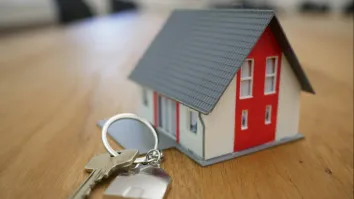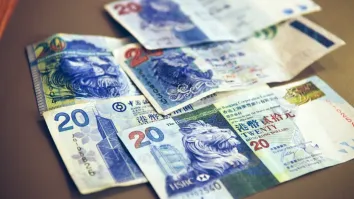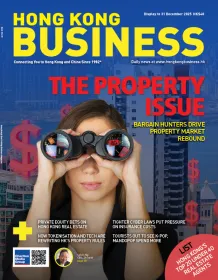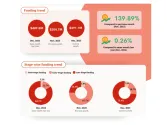All sectors affected in Hong Kong’s real estate sales drop
Rising interest rates and geopolitical tensions challenge Hong Kong's property sector.
Hong Kong's real estate market is grappling with high interest rates, geopolitical tensions, and shifting demographics, impacting various sectors including retail, office, and investment markets, according to Kathy Lee, Head of Research at Colliers Hong Kong.
"A lot of them, like external factors, like the high interest rate, the geographic tension of China with the Western countries, as well as the reduction in our total populations that's actually affected, like the demand in general across different sectors," said Lee.
The office market has been one of the hardest-hit sectors due to an oversupply of space and subdued demand. "We have seen a supply boom over the past two years," noted Lee. "More than 4 million square feet of new office space came into the market while the demand remains relatively subdued." This imbalance has pushed vacancy rates to historical highs, currently standing at over 16%, exerting downward pressure on rental values.
The retail sector, while slightly more resilient than offices, is also feeling the strain. "The high street is slightly doing better than other asset classes," Lee said, indicating that high street retail is holding up better than shopping malls. However, she pointed out that the overall shopping mall segments have been affected by reduced urban travel by Hong Kong residents and the slow recovery of tourism to pre-COVID levels.
The investment side of the market is not immune to these challenges. High-interest rates have raised the cost of capital, reducing investors' purchasing power and prompting a more cautious approach. "Most of the investors remain at a wait-and-see approach," Lee mentioned, explaining that many are delaying investment decisions in hopes that interest rates will decrease in the latter half of the year.
Despite these challenges, Lee sees opportunities, particularly in the office market. "For both the local and like foreign investors, we offer to be a good investment class at the moment," she said. With capital values down nearly 40% from their peak pre-COVID levels, now may be an opportune time for end users to purchase office space for personal use or occupation.
"For those who would like to have their own office space, this is a good time for them to have what we call the bargain hunting," Lee suggested. She anticipates that the office leasing market will stabilise after 2026, when the current supply boom slows down, potentially leading to increased rental values and higher capital values for office properties.



















 Advertise
Advertise








Commentary
Hidden licensing hurdles affecting Hong Kong’s biotech ambitions